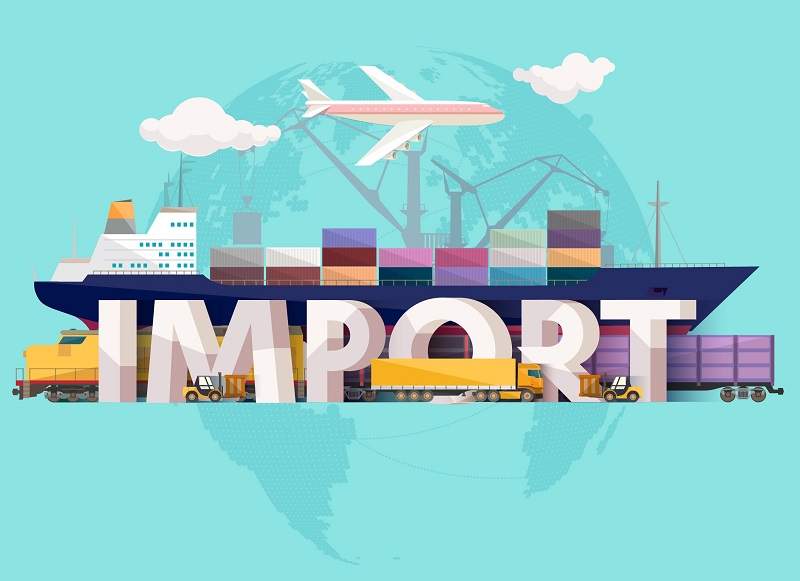Important things that you need to consider before your Kenyan business starts importing PART 1

Whether you are currently starting a new venture or are interested in growing your already established Kenyan business, importing goods can be a thrilling and highly profitable adventure. However, before you dive right into the business of importing, it is very important to make certain that importing will be a good decision for your business.
Because it is always easier to find more superior products overseas at cheaper prices, importing goods from abroad can be one of the best things that you can do for your business. But it is not always the easiest thing to do.
Though it may appear straightforward enough, there is a lot more involved in the process of importing stock for your business from overseas than finding a supplier, placing your orders and waiting for your shipment to arrive in Kenya.
So, what are some things that you need to consider before your Kenyan business starts importing goods to Kenya?
Here are some vital questions that you need to ask yourself:
Is there a Kenyan market for your imports?
It can be very easy to get excited about the idea of importing new and one of a kind goods for your Kenyan customers. But first, you will need to be sure that there will be a ready market and a demand for your imports in Kenya. Before you even consider importing, start by identifying your potential target market and conduct a survey to determine whether the goods that you intend to import will be profitable.
 It will also be vital for you to consider whether there is an existing gap in the market that will keep your demographics interested. Consider taking a look at other businesses that are selling similar products to identify the kind of competition that you will be facing.
It will also be vital for you to consider whether there is an existing gap in the market that will keep your demographics interested. Consider taking a look at other businesses that are selling similar products to identify the kind of competition that you will be facing.
 If your research reveals that there are many other businesses in your area or neighborhood that are providing the same product, try and find out if there is a smaller niche that you can break into. The last thing you want is to end up sitting on a pile of stock that you will not able to sell due to limited demand, which will most likely end up in you making a loss on the deal.
If your research reveals that there are many other businesses in your area or neighborhood that are providing the same product, try and find out if there is a smaller niche that you can break into. The last thing you want is to end up sitting on a pile of stock that you will not able to sell due to limited demand, which will most likely end up in you making a loss on the deal.
Is your import restricted in Kenya?
Before you end up wasting all your time, money, or effort on the research process, you should first make sure that you are allowed to import the type of goods you plan to bring into the country. Kenya, like many other countries, is strict with import restrictions, which means that there are a number of goods that require written permissions before they can be brought into the country, otherwise, you risk dealing with serious penalties.
Some of the items that typically face restrictions include prohibited goods such as chemicals or medicines and certain types of electronics and machines. To avoid accidentally importing restricted items, first, make sure that you confirm that your import items do not appear on the restricted list.
How much is it going to cost you to import?

You will also have to find out some of the costs and charges that you will need to pay before placing an order with a supplier or an overseas company. Even if you successfully manage to find a supplier that will be able to provide you with goods for your business at a reasonable price, you must keep in mind that there are other additional costs that you will need to consider when importing. Some of these extra costs include:
- The goods and services tax (GST): GST a value-added tax that is levied on most goods and services that are intended for domestic consumption.
- Customs duties and levies
- The charges for services like the use of a reliable shipping partner that will ensure your consignment arrives safely and on time
- Storage and warehousing fees
- Transport as well as insurance costs

Before you can start importing, you will also probably need to identify the correct customs clearance tariff for the cargo or freight that you intend to import so that you can plan how much you will need to pay in customs duties.

